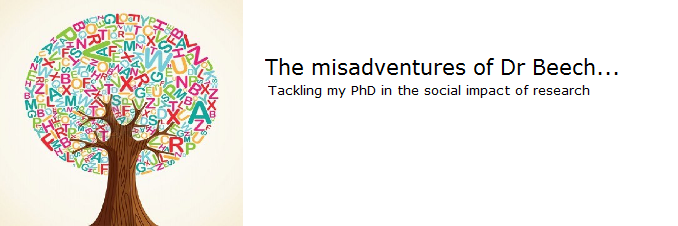When talking about my research and ideas for my PhD I have, a few times, seen people react with skepticism to one particular aspect: my planned use of case studies as a methodology. Probably due to my lack of a social science background, I have found this inbuilt mistrust of a research method hard to understand. I decided to do some reading around this issue, hoping that I would find that other people’s misgivings might well be ill placed, and that I would be bolstered by some case study kindred spirits.
In Five Misunderstandings About Case-Study Research Bent Flyvbjerg recognises a common opinion about case-study research: that a single case study cannot be used to generalise to a wider context. Whilst this is true, I am of the same opinion as Bent, in that I think this indicates a misunderstanding of the case-study, rather than a shortcoming. For me, the case-study is essential to my research, as it can provide the most practical, and as Bent describes, context-dependent knowledge. Without testing and analysing my ideas in context, I do not believe I could have confidence in their results. I wouldn’t use this knowledge to generalise, but to provide the necessary tried and tested results.
Essential practical research
When thinking about the research design that I might employ, I have always seen the case-study part as the bedrock of my work which I can build a theoretical framework from. My aim is to apply a set of impact methods and tools to different contexts, ie subject areas, in order to build a framework which can then be used by researchers from any discipline to increase and measure their social impact.
Customise, don’t generalise
I think the key thing to focus on here is that my framework will be designed with the intention that researchers can customise it: I am not using case studies to generalise across the board, but am using them to produce tried and tested methods that can then be applied where appropriate for the researcher. Hopefully, this combination of context-dependent case-studies and the customisable design of the framework, will make for a very practical and transferable toolkit.

